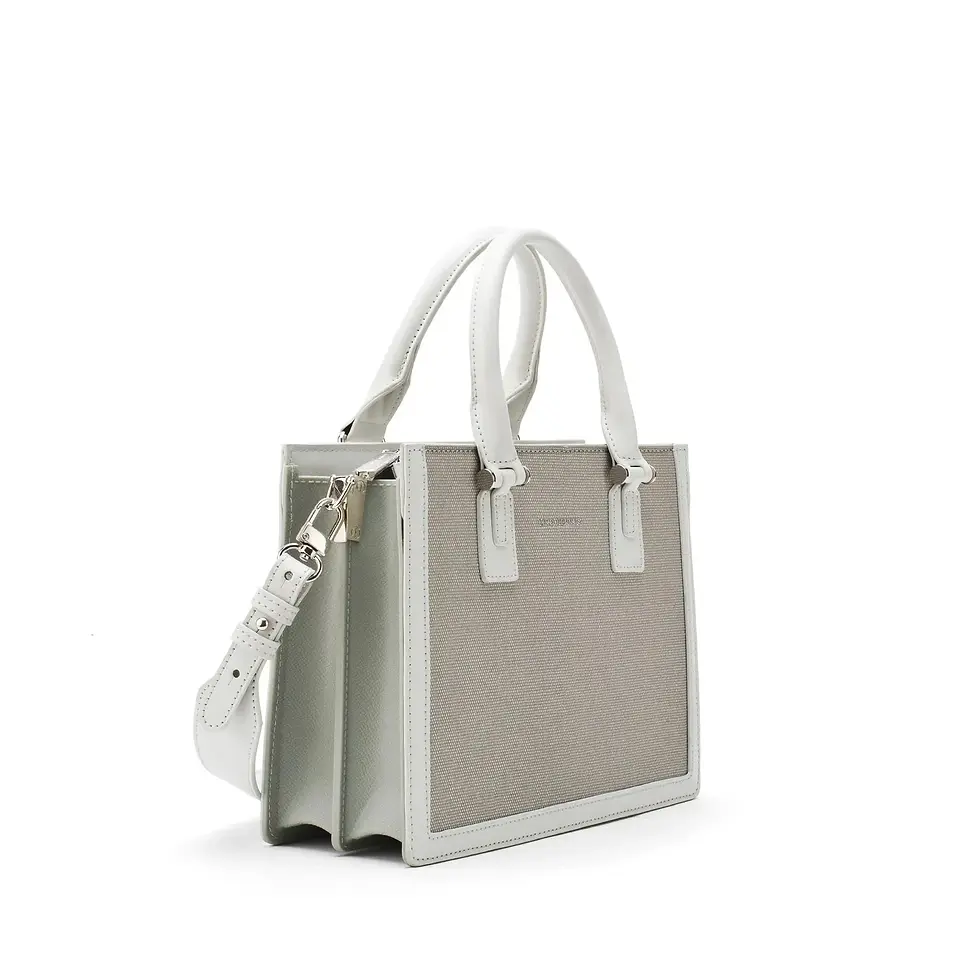What are the Causes and Treatments for Teeth Sensitivity?
- Jan 27, 2023
- 3 min read

Teeth sensitivity, also known as 'dentin hypersensitivity,' can produce shooting pain that shoots down to the tooth gums and roots. The condition can be exceedingly uncomfortable and cause serious complications. Foods and drinks you've consumed your entire life might potentially set off an episode. To mention a few, a drink of cold water, a hot beverage or soup, ice cream, candies, and chocolates can all produce dental sensitivity. Chewing ordinary meals might cause tooth pain in extreme circumstances. You can always visit any cosmetic dental clinic to get it treated.
In most cases, eating cold, spicy, or sweet meals causes discomfort. The agonizing agony may last only a few seconds or may linger for a few minutes. Some people have it occasionally and may not feel discomfort while eating all of the items listed above. Others have persistent conditions, and they frequently have tooth sensitivity in more than one tooth.
Teeth sensitivity cannot be traced to a single cause; the condition might be triggered by several factors. In most circumstances, treating sensitive teeth is straightforward. Over-the-counter toothpaste developed for sensitive teeth relieves discomfort. When sensitivity is felt in several teeth and the discomfort is severe enough to affect a patient's life, it is recommended that they see a dental facility. Before therapy, an examination is essential to determine the reason.
Teeth Sensitivity Symptoms
Teeth sensitivity can occur abruptly and without warning. When patients drink or chew food, they endure intense shooting pain in one or more teeth. The agony lasts only for that instant, which is every time they eat or drink certain things.
Foods that commonly cause tooth discomfort include:
Tea, coffee, cold drinks, juice, and other hot and cold beverages
Teeth sensitivity can be caused by hard meals such as chikki, papad, and chewing bones.
Chocolate, ice cream, sweets, and other desserts are examples of sugary foods.
Sour foods include pickles, spicy and sour sauces, chutneys, and other condiments.
Cold air: inhale cold air through the mouth.
Brushing: When toothpaste comes into touch with the teeth, it may cause pain.
Mouthwash: Some mouthwashes might cause tooth discomfort.
Chewing gum: chewing gum can be uncomfortable at times.
The symptoms may differ from person to person, and not everyone is affected by the same triggers or feels the same level of discomfort. Some people can cope with the pain, but they should consult a dentist to avoid future difficulties.
What Makes Teeth Sensitive?
Sensitivity can be attributed to normal tooth wear and tear. Dental enamel might weaken over time, causing tooth discomfort. The hard covering that covers and protects the teeth, functioning as a shield, is known as tooth enamel.
The following are the most typical causes of enamel wear and tear:
Chewing on tough items like ice and bones. This practice affects the enamel, hastening wear and tear.
Brushing too hard or with a hard toothbrush has the same impact on the enamel as chewing on hard food.
Cleaning teeth using abrasive materials such as charcoal or salt and lime
Eating acidic foods such as tamarind, lime, vinegar, and others, as well as drinking carbonated and acidic beverages, can erode the enamel and cause it to lose its protective coating.
Clenching your teeth, commonly known as bruxism or teeth grinding while sleeping, erodes the enamel.
Sensitive Teeth Treatments
If you are searching for the ‘best dental clinic near me’, the best choice is to visit a Smiling Teeth dental clinic that has qualified professional like Dr. Jashan S Arora. As a skilled dentist he checks the patient's teeth to determine the source of the discomfort. This condition might be caused by receding gums, dental cavities, or chipped and fractured teeth. The dentist may do a dental X-ray to determine whether the tooth is infected and then proceed with treatment based on the results.
Dentists frequently prescribe specially designed toothpaste together with a medicated fluoride gel for topical application for moderate sensitivity. They also warn against using harsh toothbrushes and eating items that worsen the illness.
If the sensitivity is a symptom of an underlying condition, the dentist will address it and recommend appropriate therapy. For the treatment of acid reflux, diet and lifestyle adjustments are advised. If the gums have receded too far, the dentist will perform a surgical gum transplant; alternatively, a bonding cement may be put into the exposed region. Dentists typically recommend dental sprays and gels to avoid future tooth damage. Those who have a propensity to crushing their teeth in their sleep should wear mouth guards. Dr. Jashan Arora, The best dentist in Mira Road offers the finest sleep apnea treatment for individuals who have teeth-grinding problems.
If none of the other treatments are effective, the dentist may recommend a root canal treatment. The technique entails removing the afflicted tooth's dental pulp and filling and capping it.




Comments